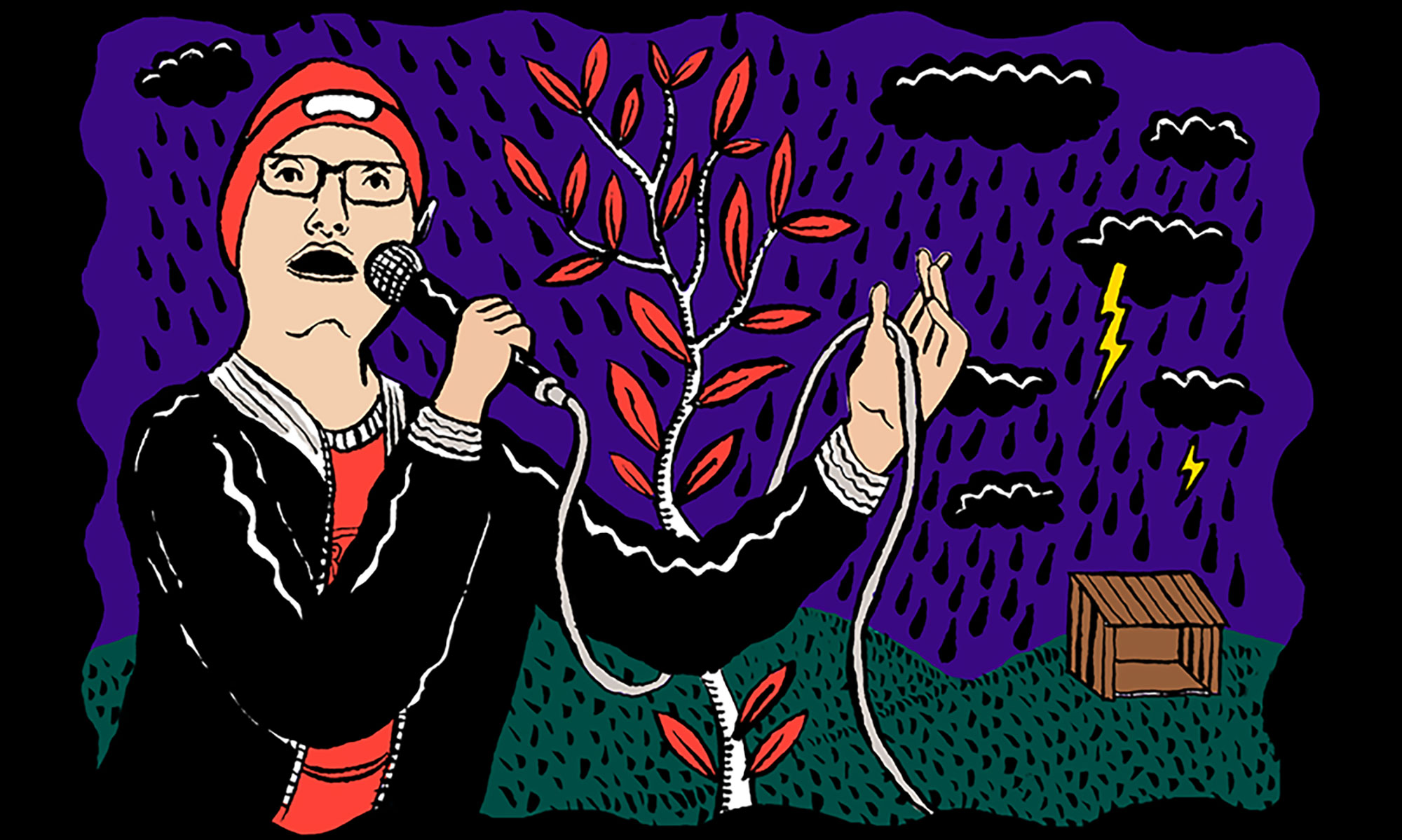Discorder speaks with with Dakk’One about his journey, his message, and his powerful new EP. Scroll down to listen.
x
When you open the website for Dakota Bear’s apparel line, the first thing you notice — other than a note saying the online store is yet to open — is a set of definitions:
Dismantle: take (a machine or structure) to pieces.
Rebuild: build (something) again after it has been damaged or destroyed.
Restore: bring back (a previous right, practice, custom, or situation); reinstate.
It’s a design for a shirt that Dakota Bear is planning to sell, and it carries a hefty symbolic weight. If you know anything about Dakota, a Cree hip-hop artist who performs under the name Dakk’One, you know exactly what it is that he wants to dismantle — the legacy of colonialism. All the trauma that it caused, and the ways of life it took away.
“If you look back into my culture, there was never anything like that,” he says, in reference to addictions caused by the trauma of residential schools. “We coexisted in the community in teepees and lived and no one got left behind and no one was ever hungry. We took care of our elders, we took care of our youth, but that has all changed now. We’re losing our values. We’re losing our way.”
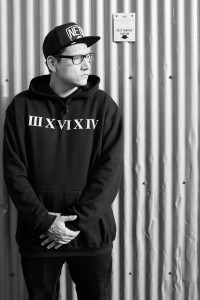
Dismantle, rebuild, restore — it’s a mission he brings to his music as well. In his new EP, The Storm is Coming, Dakota lays bare the issues that loom over the Indigenous people of his hometown, Saskatoon: be it police violence, drug abuse or broken families. But making music also has a therapeutic value for him: in his most personal moments, he speaks about overcoming adversities and learning to stand triumphant over a painful past. Rebuilding and restoring aren’t easy processes, but Dakk’One’s music shows that resilience and self-empowerment can be a good first step.
“That’s what I hope to promote through my music — to say, ‘hey, I’ve been there, I’ve been in that position, but I’ve picked myself up. I’ve climbed up that and I believed in myself.’”
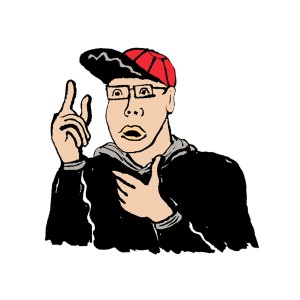 Dakota grew up in the west side of Saskatoon, an area he characterizes as stricken with poverty, drug abuse and gang violence. His father abandoned him when he was young, and he had a strained relationship with his mother. When they eventually moved to the middle-class east side, he struggled to fit into his new environment.
Dakota grew up in the west side of Saskatoon, an area he characterizes as stricken with poverty, drug abuse and gang violence. His father abandoned him when he was young, and he had a strained relationship with his mother. When they eventually moved to the middle-class east side, he struggled to fit into his new environment.
“I was the minority,” he says. “Just transitioning from elementary to high school could be tough, but I feel like it was even harder that I was native. Because of the area I was in, there was a lot of stereotypes — they’re thieves, they’re drunks, they’re this and that.”
Dakota learned to channel his frustrations into music. After watching Eminem’s rags-to-riches semi-biopic 8 Mile and seeing parallels with his own life, he started writing his own songs. He found a community for himself in Saskatchewan’s 306 Battlegrounds, a competitive rap battle league where he often faced opponents significantly older than him and racked up thousands of YouTube views in the process.
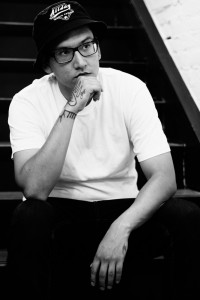
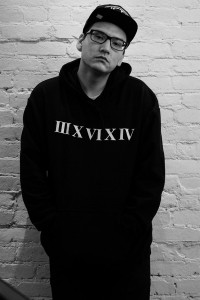
Dakota lives in Vancouver now, but Saskatoon remains a major part of his identity and frequent theme within his music. He balances contrasting sentiments towards his hometown: he loves it, but he’s all too aware of its racial inequality, which stems from a long history of colonial oppression.
“I have roots there. It’s like where I grew up and where I met my friends. I have a lot of love for the city, and I rep it… but on the other side, I’ve lived there and I’ve seen the darkest parts of the city.”
He dives into the dark heart of Saskatoon in “Dark City 3,” the most explicitly political song on The Storm is Coming. It’s a very lyrical track, bursting with targets and talking points — it explores addiction, race-based sentencing, wealth worship, the glamorization of violence, and Saskatoon’s infamous ‘Starlight Tours,’ wherein police officers would abandon arrested Indigenous men outside the city in the middle of winter, causing some to die of hypothermia. Other songs take a more personal approach: he discusses the pain caused by his father running away on “Lullaby,” while “Dirty Laundry” sees him letting out some boasts to help combat depression.
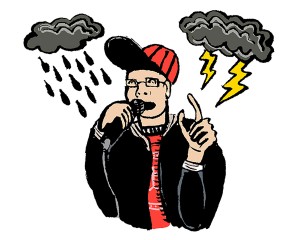
Personally, The Storm is Coming arrives at an important time for Dakota. He’s planning to release a full-length album later in the year, and is about to open the online store for 30604 Apparel, which he co-founded with Casey Desjarlais in 2016. Most importantly, his daughter Aubrie was born in 2015, and he’s been taking it upon himself to be the best father he can be.
“Having a daughter was so big for me because I was able to do things right,” he says. “I was able to change my family’s history of not having a father around, and teach her everything that I believe to be right.”
For Dakota, it all connects back to dismantle, rebuild, restore — when you finally break down the legacy of colonial trauma throughout generations, something new and beautiful might spring up instead.
“Now we have a chance to create a new cycle that we can then pass on,” he says. “I am giving back to my daughter so when she grows up and has her own kids, like I said about the cycle, a new one will begin.”
x
Check out Discorder’s exclusive premiere of The Storm is Coming here:
All of the music videos mentioned in this text were directed by Fremo Skillz, and cover art for The Storm is Coming is by Monique Aura. You can get the EP for yourself via Audiomack, or all of the usual streaming services.


